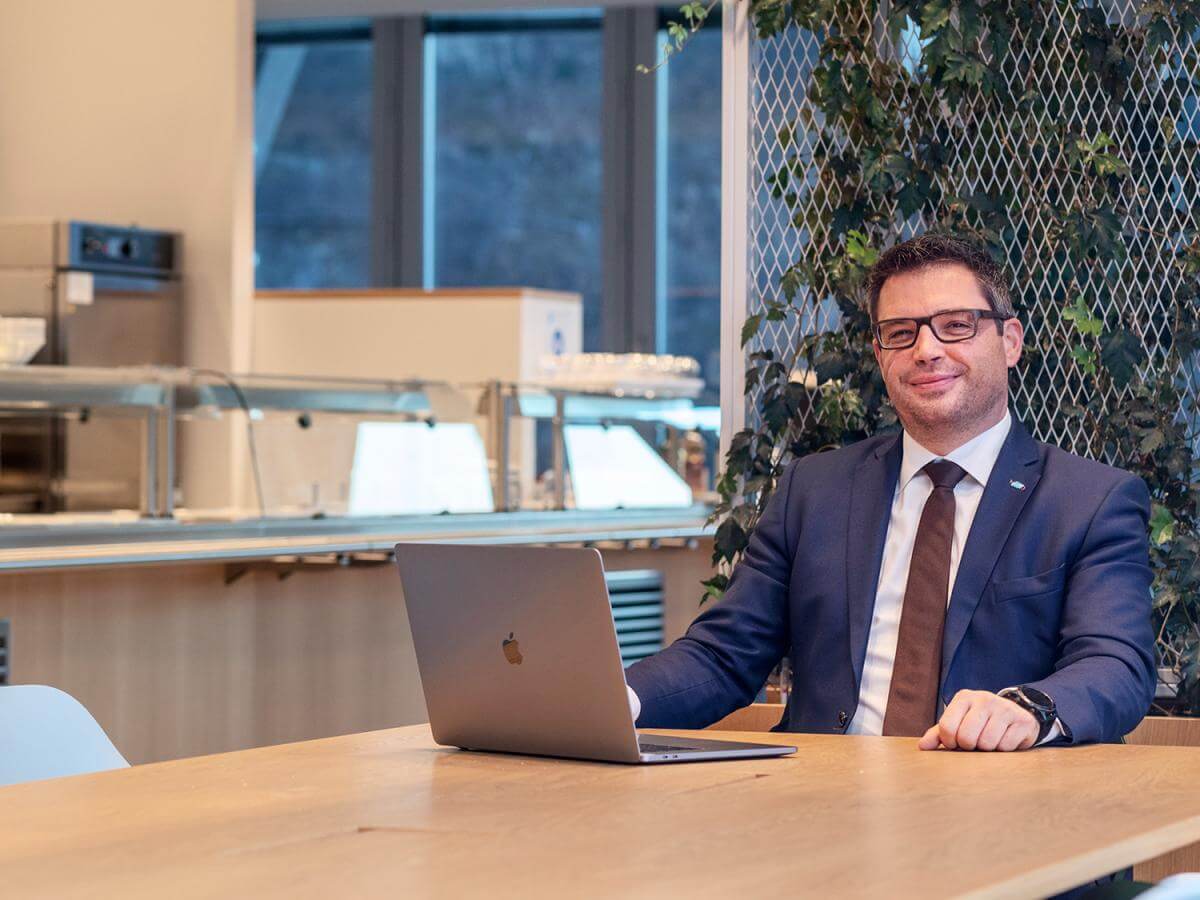
How has the sector evolved over the last two years?
The last two years have had a major impact on the catering industry. In 2020, due to the pandemic, we had to cope with periods of closure in certain sectors, while in others, such as the health care sector, there were service distractions and operational problems.
However, having been able to embrace the positive aspects of this experience, adapting to the situation and facing the future with confidence has been really important.
For us, focusing on innovation has been the ultimate trump card: we incorporated new technologies that guaranteed greater safety for our employees, as well as a high-quality products for our end consumers.

What are the challenges and opportunities of the future?
The challenges of the future inevitably depend on people's changing habits. For example, the way people consume meals, such as food delivery and take-away, has changed and we need to adapt to this change. Due to the energy crisis cost saving habits have also changed. Consequently, we will integrate technologies that allow us to save in terms of energy consumption while still maintaining a high level of quality and efficiency.
Sustainability can mean both energy saving and well-being in the workplace: how do you deal with this?
At Markas we have been going through a 'renovation project' for several years now, replacing old equipment with new-generation equipment, which guarantees substantial energy savings as well as simplified work processes for our staff. From this point of view, Markas continues to invest in training, in order to ensure that our employees have the right skills to make the best use of the latest technologies. After all, they are the heart and soul of our business and we want to support them on a daily basis. Also, these new technologies and equipment allow us not only to offer high quality services and products but also reduce waste.
The challenges of the future inevitably depend on people's changing habits. For example, the way people consume meals, such as food delivery and take-away, has changed and we need to adapt to this change. Due to the energy crisis cost saving habits have also changed. Consequently, we will integrate technologies that allow us to save in terms of energy consumption while still maintaining a high level of quality and efficiency.
Sustainability can mean both energy saving and well-being in the workplace: how do you deal with this?
At Markas we have been going through a 'renovation project' for several years now, replacing old equipment with new-generation equipment, which guarantees substantial energy savings as well as simplified work processes for our staff. From this point of view, Markas continues to invest in training, in order to ensure that our employees have the right skills to make the best use of the latest technologies. After all, they are the heart and soul of our business and we want to support them on a daily basis. Also, these new technologies and equipment allow us not only to offer high quality services and products but also reduce waste.

So, can today's technological solutions meet the need for work improvement as well as for optimized processes and resources?
To some extent yes, but the world never stops; it is and will continue to evolve. Therefore, there is still much to be done. For example, centralized food production systems will be a future trend. Thanks to new technologies, meals can be prepared in innovative cooking centers, which can then be delivered to various customers while maintaining a consistently high level of quality. More centralized kitchen facilities also mean more savings, less energy consumption and thus a more sustainable approach in the long-term.
The youngest generations embrace digital purchase and the way they experience the world though their smartphone has changed: how has this affected your business model?
Digitalization is certainly a hot topic: ordering a meal through an app has now become the norm in certain facilities. In fact, it offers convenience, a more personalized product or service, but also a direct relationship with the end customer. It also gives you the chance to get your customers' feedback in order to improve your products in terms of both taste and nutritional values. This trend will keep becoming more and more important in the future.
To some extent yes, but the world never stops; it is and will continue to evolve. Therefore, there is still much to be done. For example, centralized food production systems will be a future trend. Thanks to new technologies, meals can be prepared in innovative cooking centers, which can then be delivered to various customers while maintaining a consistently high level of quality. More centralized kitchen facilities also mean more savings, less energy consumption and thus a more sustainable approach in the long-term.
The youngest generations embrace digital purchase and the way they experience the world though their smartphone has changed: how has this affected your business model?
Digitalization is certainly a hot topic: ordering a meal through an app has now become the norm in certain facilities. In fact, it offers convenience, a more personalized product or service, but also a direct relationship with the end customer. It also gives you the chance to get your customers' feedback in order to improve your products in terms of both taste and nutritional values. This trend will keep becoming more and more important in the future.
FIND OUT THE LATEST NEWS
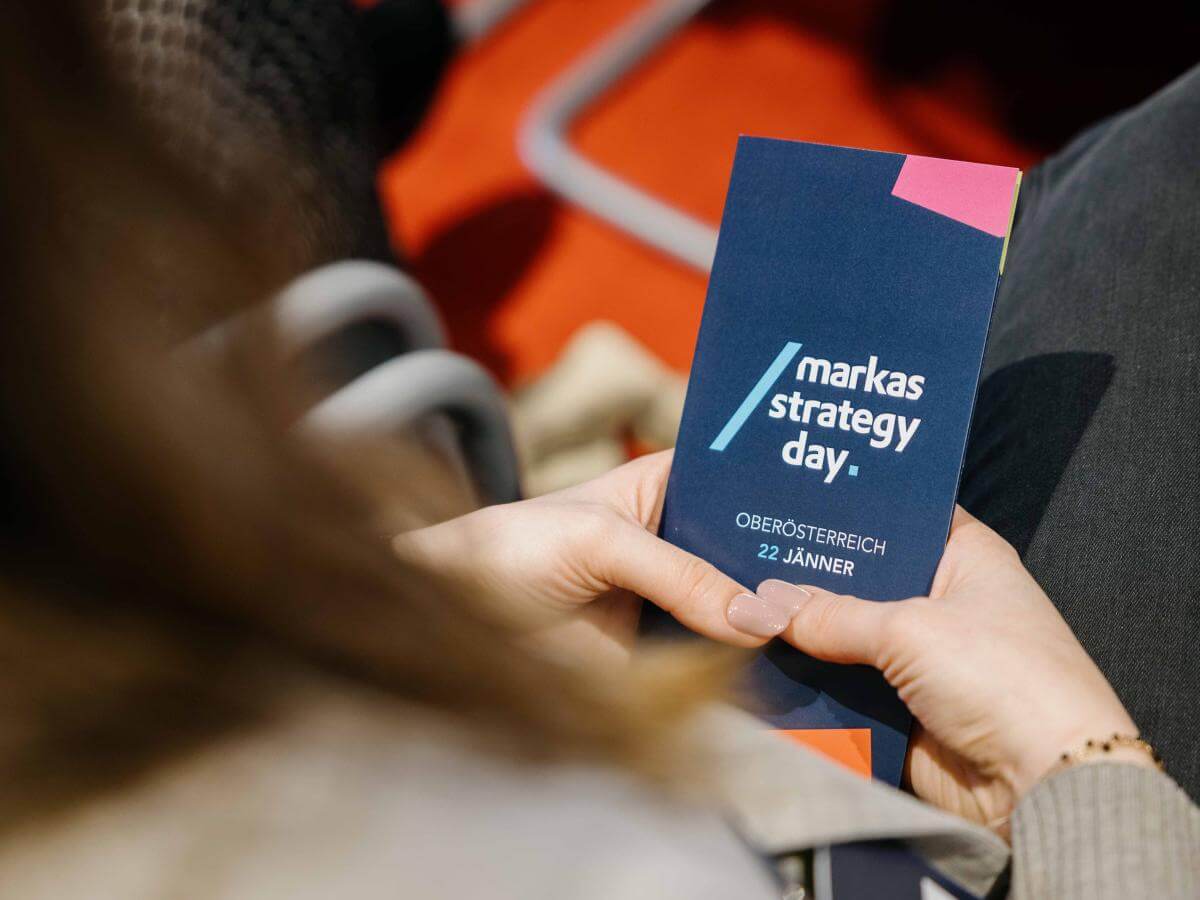
Markas Strategy Day: Two events, one team!
Over 600 employees, more than 20 external speakers, and two special events marked a p...
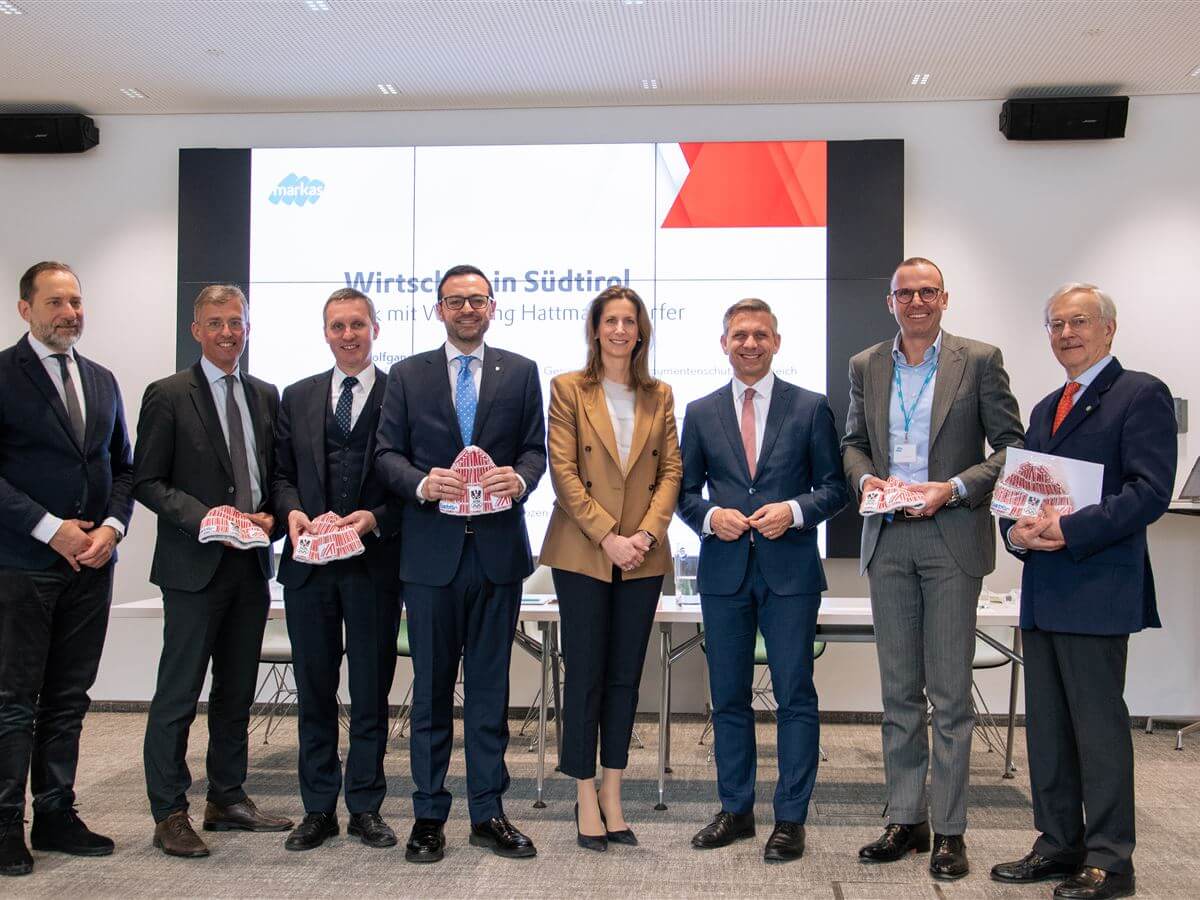
Markas hosts Austrian Federal Minister: a dialogue on South Tyrol’s economy.
What does South Tyrol need today to become more competitive, more attractive, and bet...
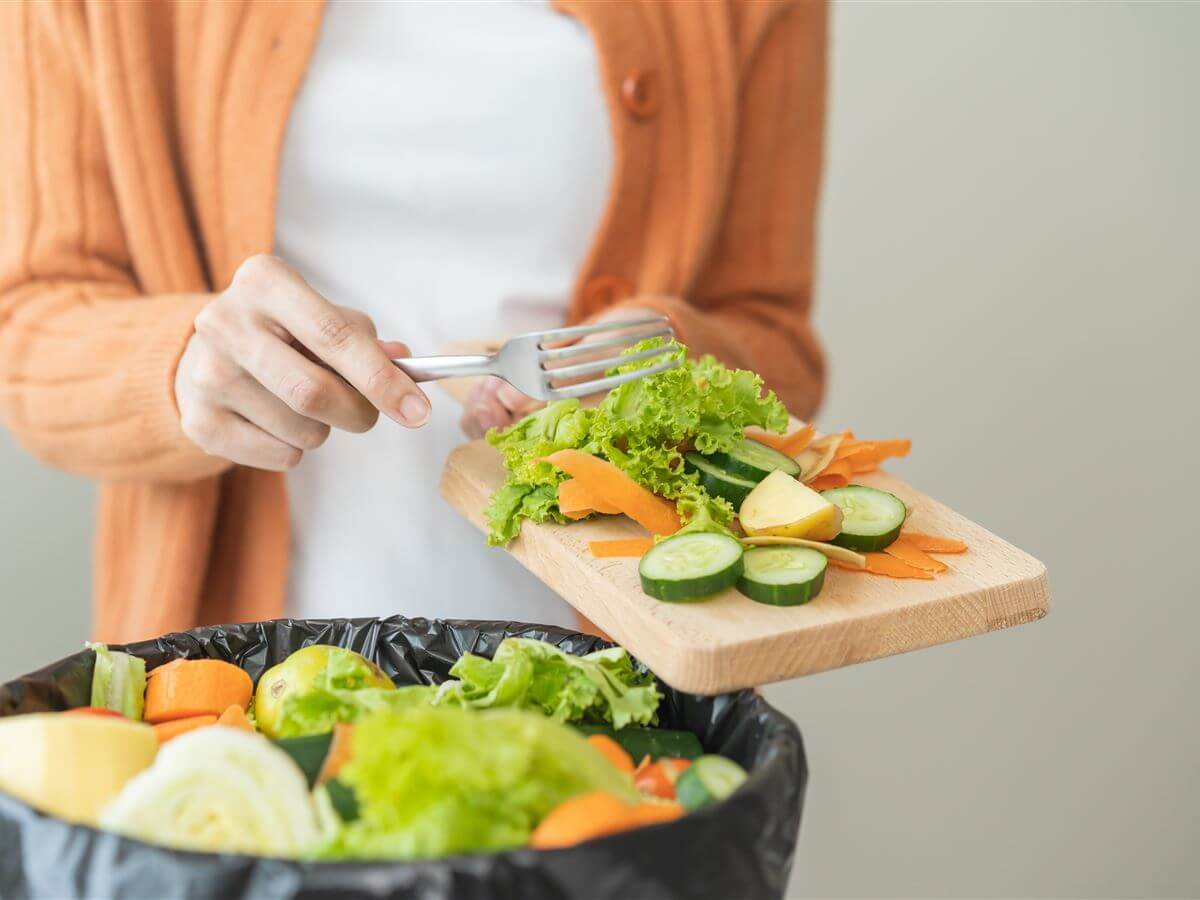
Markas and Behavix: our effort to reduce food waste
At Markas, sustainability is a commitment that guides us every day, at every level:...
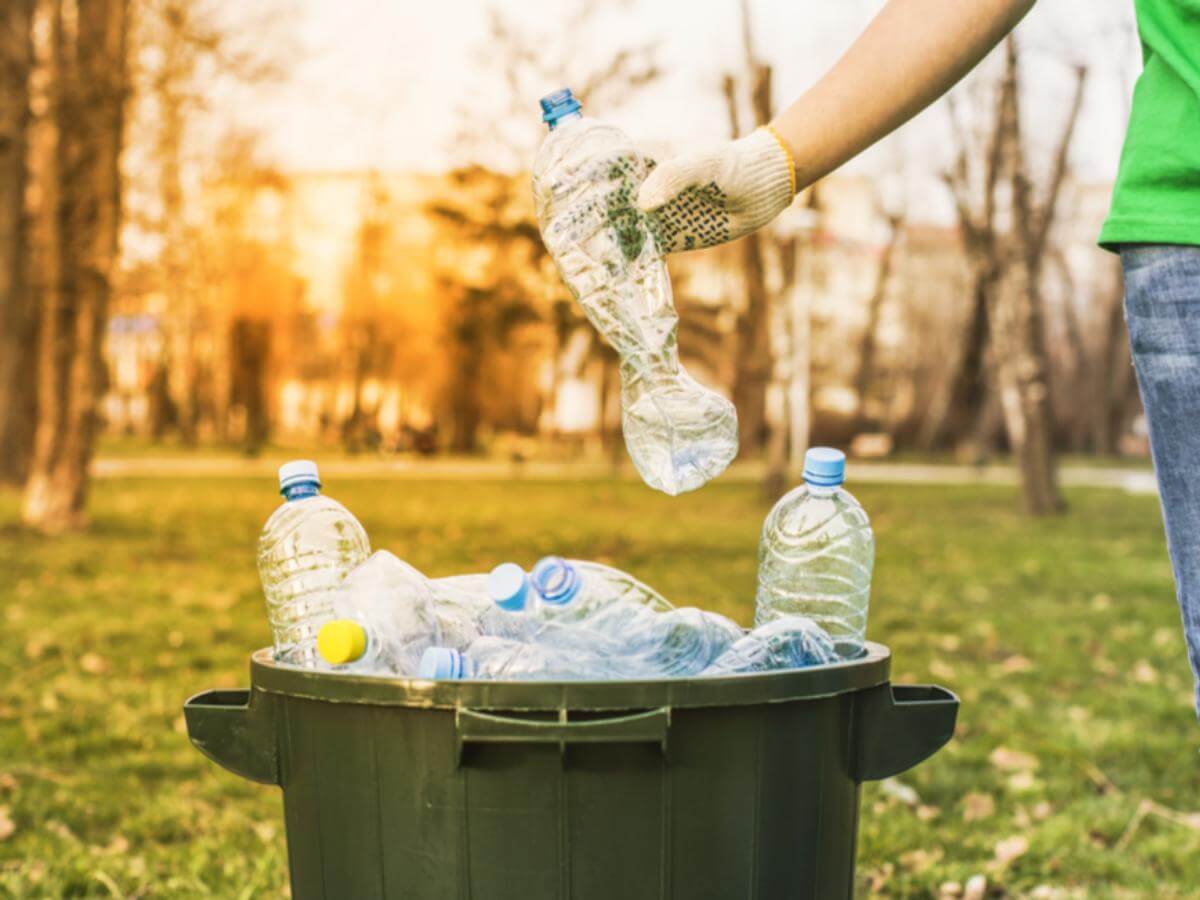
Employee initiative collects bottle deposit refunds for the “Haus der Frau”
Earlier this year, in a remarkable initiative, employees at Markas’ headquarters in...
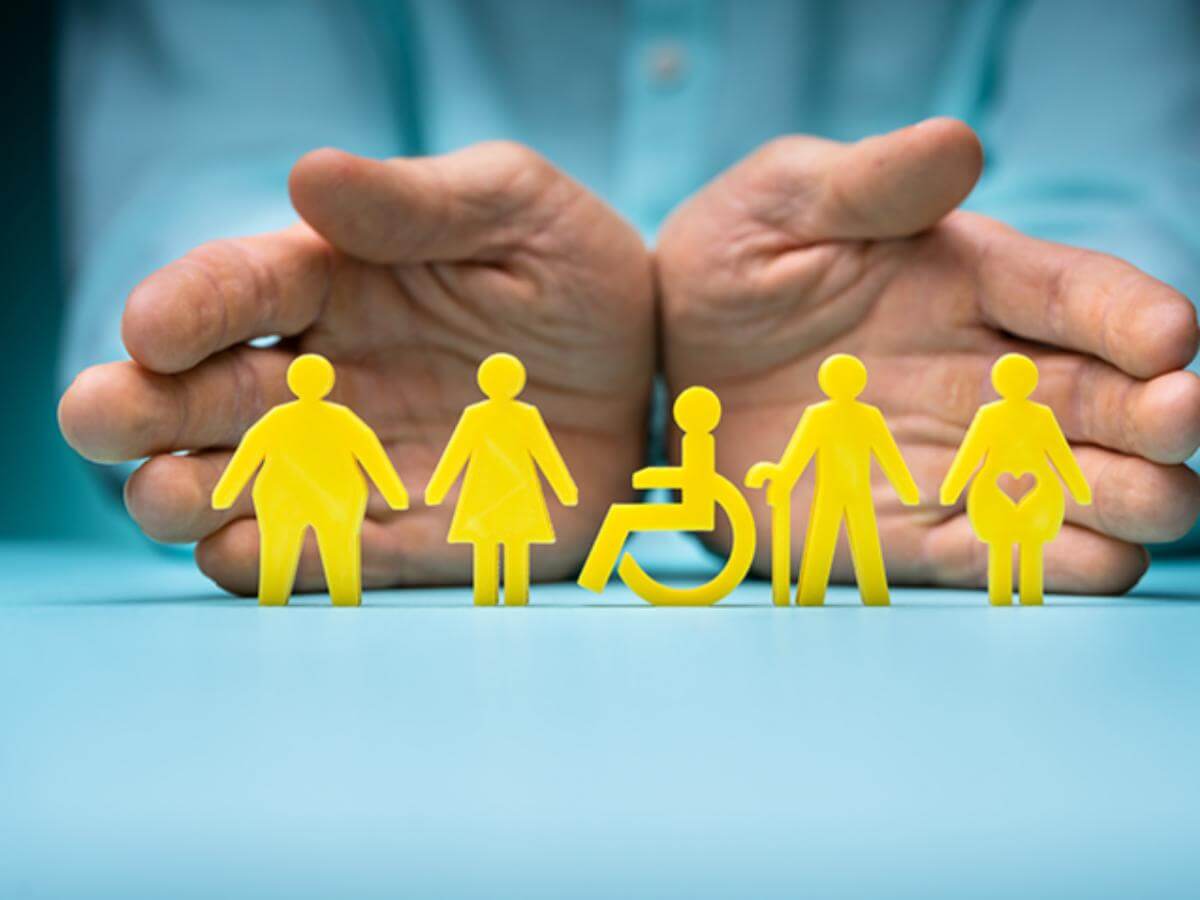
Promoting workplace inclusion for people with disabilities in Pavia: Lorenzo’s Story
At Markas, we strongly believe that inclusion and diversity are core values.
T...

Gender violence and Whistleblowing: a shared commitment to a safe and respectful work environment
Gender violence is one of the most severe and persistent social and cultural issues...
